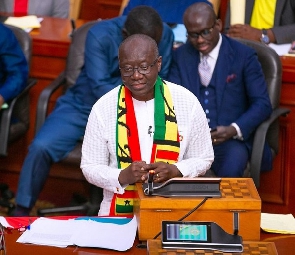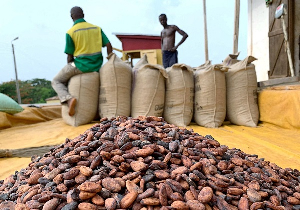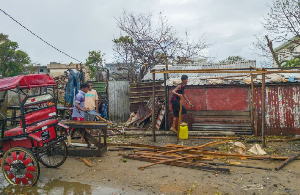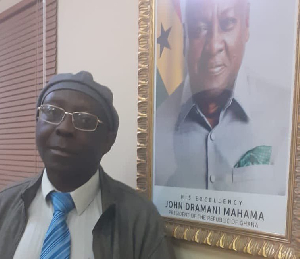The Minister of Finance, Ken Ofori-Atta, has warned of the consequences of Ghana not making significant progress in the $3 billion bailout it is seeking from the International Monetary Fund (IMF) by the end of March 2023.
According to him, if the government does not go to the Fund with something concrete by March, the economic meltdown seen in 2022 might be seen again, citinewsroom.com reports.
Ofori-Atta, therefore, urged every Ghanaian to get on board to help the government get the bailout as soon as possible.
“We really feel that government has listened, there is humanity to us, we are protecting the destitute, widows and the orphans and the older people who have worked for this nation. We are in a crisis, we cannot put our heads under the sun and pretend that we are not.
“We need to be mindful that we really need to be successful in going to the fund by this March to avoid what we all experienced last year which we all don’t want to experience again,” the minister is quoted to have told pensioner bondholders, who have resisted their inclusion in a domestic debt exchange programme on Monday, February 6, 2023.
The only hurdle to the government of Ghana getting the $3 billion it is seeking to get from the International Monetary Fund appears to be the ability of the government to prove to the Fund that its debts are sustainable.
To do this, the government has come up with the voluntary Domestic Debt Exchange Programme (DDEP) to deal with its domestic debts. It has also come up with some measures including the country joining the Paris Club, to deal with its international debts (to have the foreign debts delayed or forgiven).
With the DDEP, the government is seeking to restructure approximately GH¢137.3 billion of the domestic debts it accrued through bonds it issued including the E.S.L.A. Plc and Daakye Trust Plc and per the requirement of the IMF, 80 per cent of the country’s total debts must be subject to this debt exchange programme.
However, the government has been struggling to get the needed stakeholder to sign up for the DDEP to meet the required standard and has extended the deadline for the programme several times.
IB/DA
General News of Monday, 6 February 2023
Source: www.ghanaweb.com













